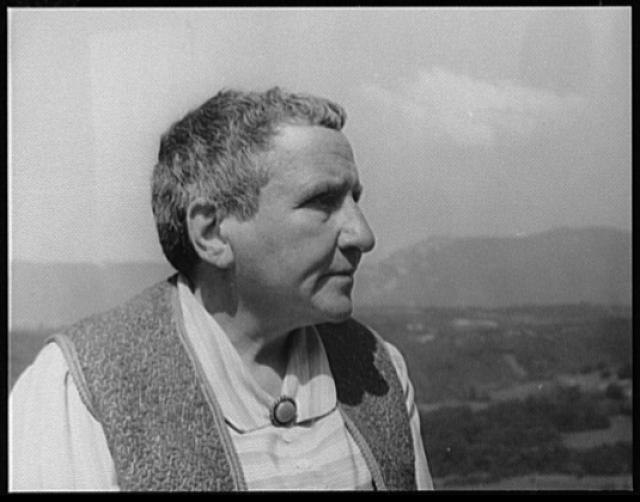Beginnings 4
10/22/20122 min read
The thrill of a splendid performance of 'The Palace at 4 A.M. at Place des Arts, as one of three composers representing McGill at the International Student Composer's Symposium, provided a strange counterpoint to the realization that academia and myself made an extremely uncomfortable fit. I was once again a dropout. But by a lucky chance, I met a visual artist at a party, Suzanne Swibold, who was working on a project with a modern dance company, Le Groupe de la Place Royale. Learning that I was an aspiring young composer, she encouraged me to come down to the company's headquarters and meet the two directors, choreographers Peter Boneham and Jean-Pierre Perrault.
The beautiful loft in an ancient building with metal spiral staircases, adjoining Place d'Armes in Old Montreal, seemed to me like an enchanted space. It turned out that Peter and Jean-Pierre shared my interest in the spoken word. And they had recently created a work using the music of my teacher Bruce Mather! From him they learned that I could be safely entrusted with a commission. The first collaboration was a 'Poem Dance', using texts of Rimbaud and Gerrie Grevatt, and making use of the dancers' voices over pre-recorded piano. Most of my subsequent work with the company involved voices; the next work, more ambitious, involved two singers, piano, harpsichord and percussion. The culmination was a series of works inspired by Gertrude Stein: dance operas in which the vocal parts were taken by the singers. In the first of these works, 'What Happened,' I was careful to provide time for the dancers/singers to breathe, by not having them all sing at the same time; but when I saw Peter's brilliant choreography, I realized that he was requiring the dancers to execute complex and dazzling movements while singing. By this time the company had relocated to Ottawa, and 'What Happened' was performed at the National Arts Centre, where it was gratifyingly well received.
Like most composers of my generation, I was struggling with the issue of tonality. Most of the works I composed at McGill, and my earlier works for the Groupe, were deliberately atonal, but the nostalgia for the Lost Triad was perceptible even in the spikiest works, and I soon began experimenting with series which would yield triads - either by omission or by direct statement. This was at best a provisional solution; but the exuberant linguistic brilliance and gusto of Gertrude Stein encouraged me to a more spontaneous utterance. My final work for Le Groupe was a setting of her magnificent version of the Faust story. In 'What Happened' the vocal demands were, I think, perfectly tailored to the dancers' capacities (and their astonishing musicianship). But 'Faustus' demanded a more operatic treatment - and I still intend to write a fully operatic version of this thrilling text. In this thrilling text. In the initial version, I probably went overboard in my quest for simplicity, but it was a crucial step toward recovering a language of my own.the initial version, I probably went overboard in my quest for simplicity, but it was a crucial step toward recovering a language of my own.


